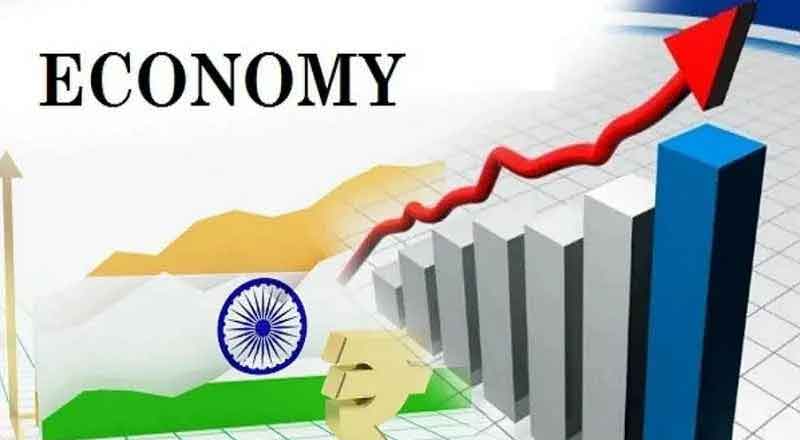- Startups will play an important role in helping India become the third largest economy in the world, Chief Economic Advisor (CEA) to the Union government V Anantha Nageswaran has said.
- Nageswaran said that tier-2 and 3 cities have become game-changers in helping startups flourish in the country due to improvements in infrastructure and supportive policies of the government.
- Seven trillion USD economy size by 2030 is possible if India maintains its present growth trajectory, and in that journey, startup entrepreneurs are going to play an important role,” he said in a release.
- The CEA further said that the country ranks second in innovation quality.
Startups will play an important role in helping India become the third largest economy in the world, Chief Economic Advisor (CEA) to the Union government V Anantha Nageswaran has said.
Nageswaran said that tier-2 and 3 cities, including Kerala’s capital, have become game-changers in helping startups flourish in the country due to improvements in infrastructure and supportive policies of the government, according to a KSUM release.
The CEA, during his Leadership Talk on the concluding day of the Huddle Global 2023 organized by the Kerala Startup Mission (KSUM), said that India was the fifth largest economy on course to become the third largest in a few years. “In fact, I will say 7-in-7 is the buzz slogan, that is 7 trillion USD economy in seven years. Seven trillion USD economy size by 2030 is possible if India maintains its present growth trajectory, and in that journey, startup entrepreneurs are going to play an important role,” he is quoted as having said in the release.
He was of the view that the active participation of startups in India in developing business models on the foundation of expanding physical and digital infrastructure will continue to generate efficiency, revenue, and economic returns for the country. “The last decade has seen an exceptional transformation in the startup landscape in India, which has emerged as the third largest ecosystem globally, with over 1.12 lakh startups presently recognized by the Department for Promotion of Industry and Internal Trade (DPIIT) across 763 districts.
“Among them, more than 110 are unicorns with a total valuation of around USD 350 billion,” he said. He said that innovation in India was not just limited to certain sectors as startups were solving problems in 56 industrial sectors, with 13 percent of them from IT services, nine percent from health and life sciences, seven percent from education, five percent from agriculture and five percent from food and beverages.
Nageswaran also said it was significant that 49 percent of the startups were from tier-2 and 3 cities which have turned out to be game-changers as the business advantages in these locations enable entrepreneurs to operate at lower costs as compared to tier-1 cities.
“Apart from improved infrastructure and the government’s pro-active policies, the availability of a technically skilled talent pool is a huge advantage for startups to set up and flourish in tier-2 and tier-3 cities,” he said.
(With inputs from agencies)





